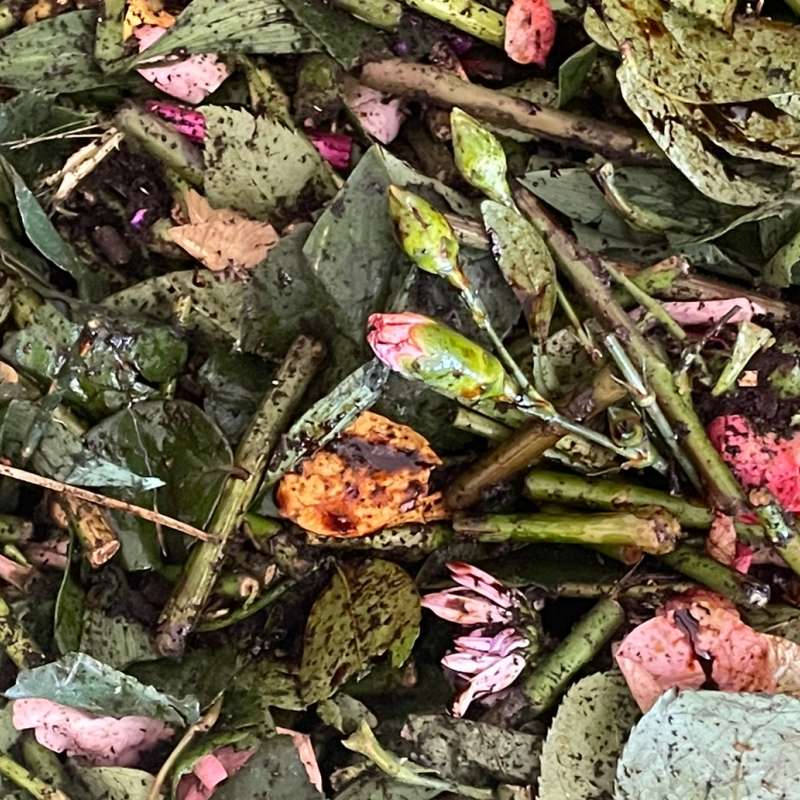Trine Eggen
Seniorforsker
(+47) 909 97 074
trine.eggen@nibio.no
Sted
Ås - Bygg O43
Besøksadresse
Oluf Thesens vei 43, 1433 Ås (Varelevering: Elizabeth Stephansens vei 21)
Vedlegg
CVBiografi
Trine har doktorgrad i biologiske metoder for nedbrytning av miljøgifter innen fagfeltet miljøteknologi/toksikologi. Hennes nøkkelkompetanse er om skjebnen til miljøgifter i miljøet og under ulike behandlingsprosesser, overføring til planter og miljø- og helse risikovurdering av miljøgifter. Resirkulering av organisk avfallsfraksjoner til bærekraftig og trygge sluttprodukt og resirkulering av næringsstoffer fra sekundære råstoffskilder, er tema som nå står i fokus.
Til dokument
Forfattere
Adrian Unc Majdi R. Abou Najm Paul Eric Aspholm Tirupati Bolisetti Colleen Charles Ranjan Datta Trine Eggen Belinda Eline Flem Getu Hailu Eldbjørg Sofie Heimstad Margot Hurlbert Meriam Karlsson Marius Støylen Korsnes Arthur Nash David Parsons Radha Sivarajan Sajeevan Narasinha J. Shurpali Govert Valkenburg Danielle Wilde Bing Wu Sandra F. Yanni Debasmita MisraSammendrag
Det er ikke registrert sammendrag
Sammendrag
Det er ikke registrert sammendrag
Sammendrag
Det er ikke registrert sammendrag

